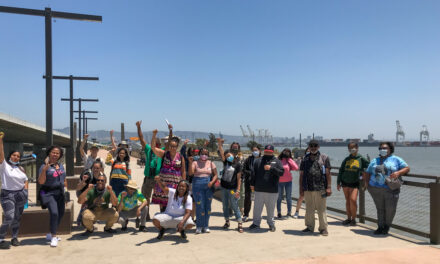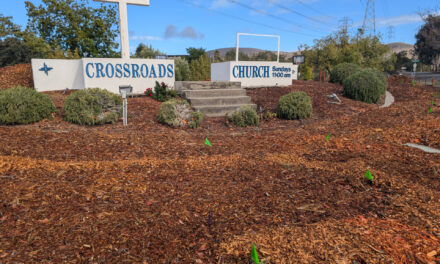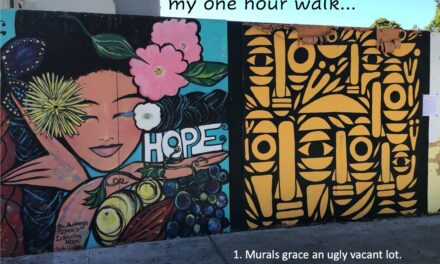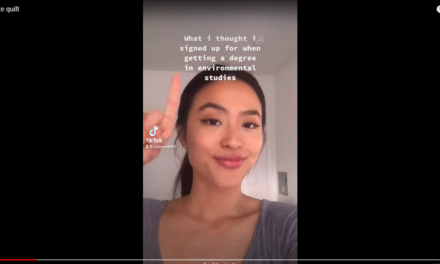Fire Improves Traditional Plants
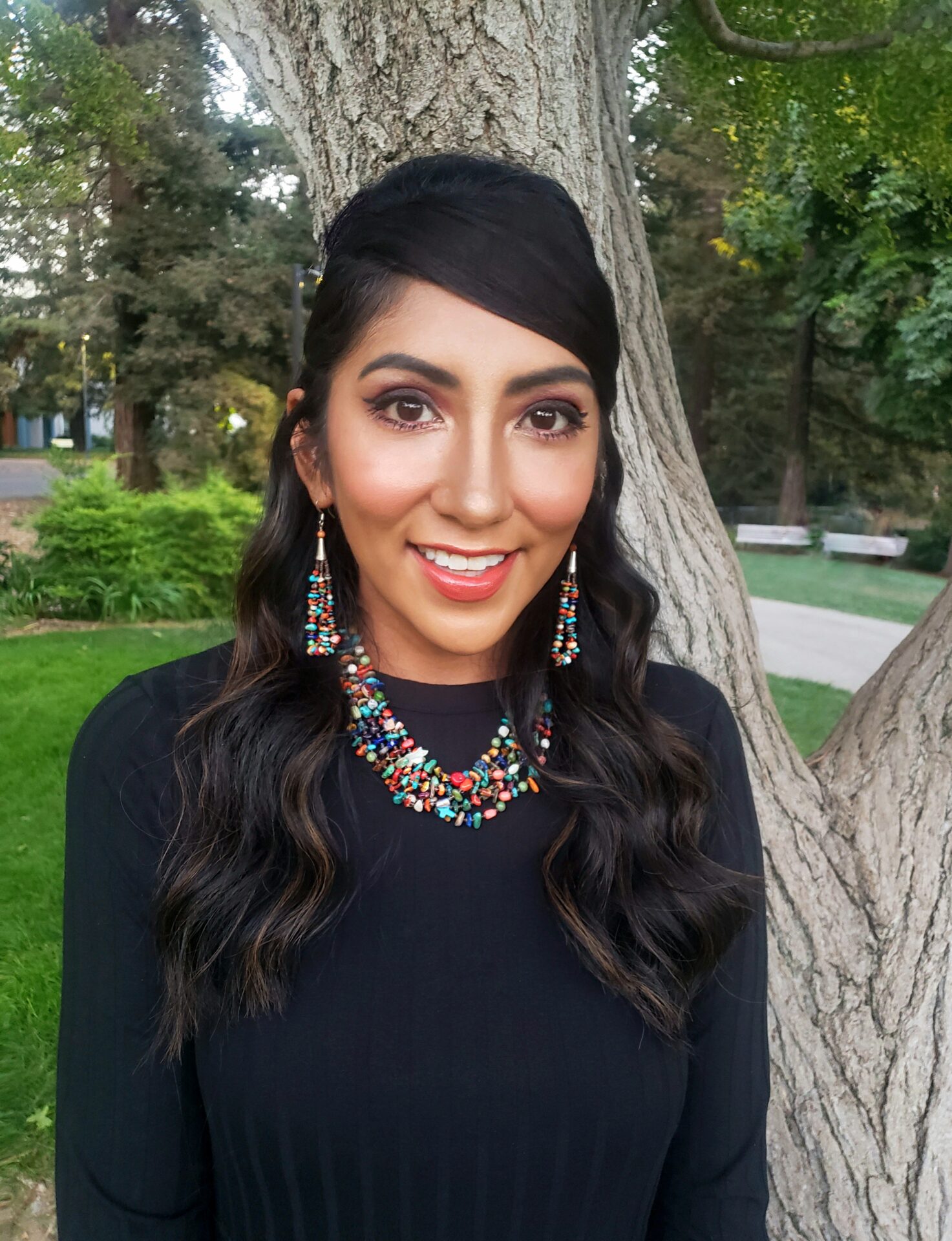
Scholar Melinda Adams is reclaiming fire. “When you look at migration patterns of Indigenous peoples, we led with fire. It’s related to our subsistence diets, it’s what kept us healthy,” says Adams, a UC Davis scholar who identifies as Apache and researchs “Indigenous Epist(e)cologies,” or the merge of ecological knowledge with Afro-Black Indigenous epistemologies. “What we’re now seeing is the effects of post gold rush fire regimes and fire management, which was to not burn,” she says, referring to the wildfires that continue to raze the West Coast, and are intensifying with climate change. Adams does field work to regenerate plants for basket weaving materials. When fire is applied to redbud, a plant that provides basketry materials, the redbud grows taller, doesn’t have as many breaks in its spindly branches, and gains brighter coloration compared with plants that do not experience fire.
KneeDeep‘s reporter Hoi Shan Cheung catches up with Adams on fire topics in an upcoming issue of the magazine.
First published in RARA Review, February 2021.
Story inspired by Mycelium Youth Network’s recent conference entitled: Apocalyptic Resilience: An Afro-Indigenous Adventure.
Other Recent Posts
ESA
ESA is an environmental engineering firm that does restoration and resilience projects.
Gleaning in the Giving Season
The practice of collecting food left behind in fields after the harvest is good for the environment and gives more people access to produce.
New Study Teases Out Seawall Impacts
New models suggest that sea walls and levees provide protection against flooding and rising seas with little effect on surrounding areas.
Oakland High Schoolers Sample Local Kayaking
The Oakland Goes Outdoors program gives low-income students a chance to kayak, hike, and camp.
Growing Better Tomatoes with Less Water
UC Santa Cruz researchers find the highly-desired ‘Early Girl’ variety yields more tomatoes under dry-farmed conditions.
Santa Clara Helps Homeless Out of Harm’s Way
A year after adopting a controversial camping ban, Valley Water is trying to move unsheltered people out of the cold and rain.
The Race Against Runoff
San Francisco redesigns drains, parks, permeable pavements and buildings to keep stormwater out of the Bay and build flood resilience.
Learning the Art of Burning to Prevent Wildfire
In Santa Rosa’s Pepperwood Preserve, volunteers are learning how controlled fires can clear out natural wildfire fuel before it can spark.






